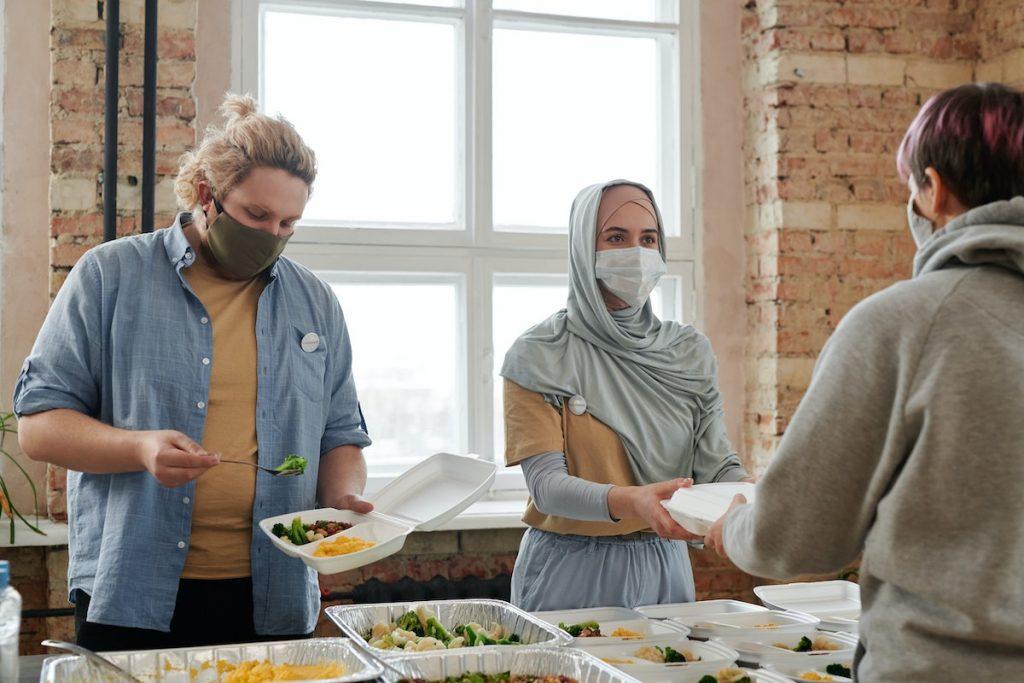- Governments have introduced measures such as lockdowns and social distancing to protect citizens from potential harm during the pandemic.
- Disinfection protocols are being implemented in public spaces and businesses, including hand sanitizer stations and approved cleaning products.
- Education, training, monitoring, and compliance are necessary to ensure the effectiveness of the protocols.
- Healthcare facilities must also meet certain standards regarding disinfection, including UV light disinfection and protective gear for staff.
- Following these protocols can help protect citizens from potential health risks post-pandemic.
The COVID-19 pandemic has forced everyone to reimagine their daily lives and implement new ways of living. Governments around the world have introduced stringent measures such as lockdowns and social distancing in order to decrease infection rates and protect citizens from potential harm. However, as people move closer toward a possible vaccine, many countries are easing up on their regulations, allowing businesses and public spaces to operate once again. At the same time, governments are introducing disinfection protocols in order to protect citizens from any potential health risks.
Disinfection of Public Spaces
Disinfecting public spaces has become an important part of everyday life, and governments around the world have implemented various policies to ensure this is done properly. In many countries, disinfecting public spaces such as parks, playgrounds, shopping malls, and other areas where people gather and interact is mandated by law. Businesses may also be required to regularly clean their premises with approved products in order to reduce the risk of infection. Additionally, hand sanitizer stations are often installed in high-traffic areas such as airports or train stations.
Use of Disinfection Products
In order to ensure public spaces are properly disinfected, governments have introduced a range of approved products that must be used. These products include alcohol-based hand sanitizers and surface cleaners, as well as specialized disinfectant wipes and sprays. In many countries, the use of chlorine-based solutions is also allowed. Chlorine has been proven to be effective in killing viruses and bacteria, making it an ideal product for tackling any potential health risks.
Education and Training

The effectiveness of any disinfection protocol relies on proper implementation by trained professionals. To this end, governments around the world are introducing guidelines and providing training sessions to educate people on how to properly clean and disinfect their premises. These sessions typically include information on which products to use, how to apply them correctly, and safely dispose of any hazardous materials. Additionally, the public is often advised on the importance of wearing masks and gloves while disinfecting in order to protect themselves from potential contamination
Monitoring and Compliance
In order for a disinfection protocol to be effective, it must be properly monitored and enforced. Governments are introducing ways in which they can track compliance with their regulations as well as investigate any possible violations. This may involve regular checks by government officials or anonymous tip lines where citizens can report suspicious activity. In some countries, businesses that fail to comply with the protocols may face penalties such as fines or temporary closures.
Healthcare Facilities
The importance of proper disinfection protocols is especially relevant in healthcare settings. Governments have introduced strict regulations to ensure that hospitals, clinics, and other medical facilities are kept clean and free of any potential contamination. Disinfectants used in these areas must meet certain standards, and staff is often required to wear protective gear while cleaning or treating patients. Additionally, professional UV disinfection equipment has become an increasingly popular choice for healthcare facilities, due to its ability to quickly sanitize a wide variety of surfaces and medical tools. UV light can penetrate deep into hard-to-reach crevices, killing harmful germs and bacteria on contact.
FAQs
What specific products should I use to stay safe during the pandemic?

To help protect yourself and others from the virus, it is recommended that you follow CDC guidelines on prevention by washing your hands regularly with soap and water for at least 20 seconds, using alcohol-based hand sanitizers when you are unable to wash your hands, avoiding touching your face with unwashed hands, and adhering to social distancing guidelines. Additionally, it is recommended that you wear a face mask in public spaces or when around other people.
How often should I disinfect surfaces in my home or workplace?
It is recommended to clean and disinfect frequently touched surfaces daily or at least twice a week, depending on the level of activity in the area. Additionally, it is important that you use an EPA-approved cleaner for hard surfaces when cleaning your home or workplace.
Are there any other protocols I should be aware of?
Yes, beyond regularly cleaning and disinfecting surfaces, ventilating indoor areas and encouraging frequent handwashing practices with soap and water or hand sanitizer with at least 60% alcohol content, it is also necessary to wear face coverings whenever you are in a public setting. Furthermore, testing people for the virus on a regular basis is also recommended.
Where can I find more information on disinfection protocols post-pandemic for COVID-19?
The Centers for Disease Control and Prevention (CDC) provide detailed guidance on cleaning and disinfection practices to help prevent the spread of COVID-19 in both residential and commercial settings. Additionally, local governments have their own specific guidelines that you should check if you require more information.
In Closing
Governments around the world are introducing disinfection protocols to protect citizens from any potential harm following the pandemic. This includes regular cleaning of public spaces with approved products such as alcohol-based hand sanitizers and surface cleaners, as well as specialized disinfectant wipes and sprays. Furthermore, proper implementation of these protocols relies on education, training, and monitoring by government officials. Healthcare facilities must also meet certain standards in order to protect patients from any potential contamination. By following these protocols, you can hopefully return to a safe and healthy life post-pandemic.





